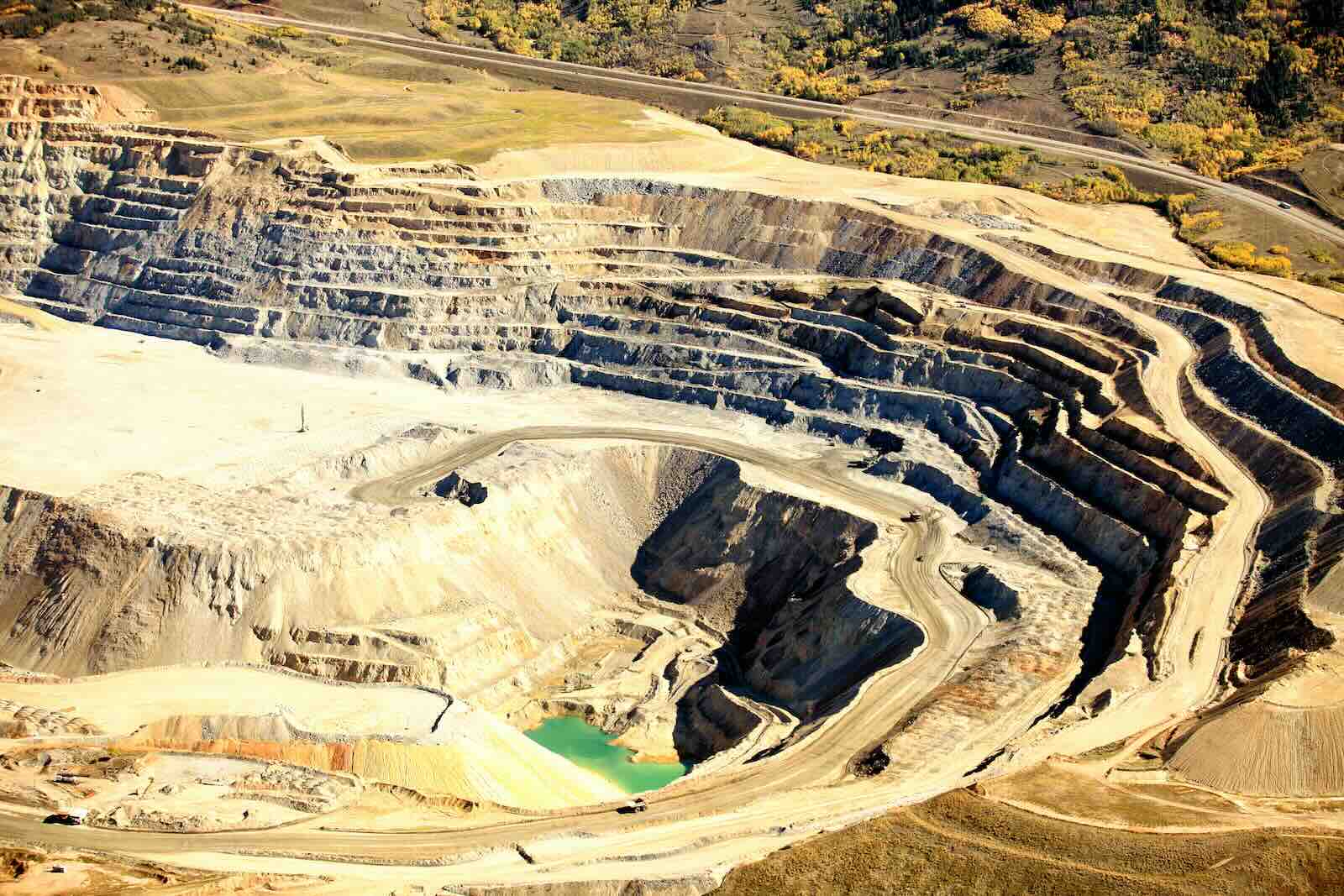TGIF, Agents of Impact!
Infect the hosts. Skepticism is appropriate when big Wall Street banks claim to be sustainable and impact investors. Goldman Sachs, for example, provided nearly $60 billion in financing for fossil fuel companies from 2016-2018, according to this year’s fossil fuel finance report card from a coalition of environmental groups, which ranked Goldman 12th among global banks. That’s nearly triple the $21 billion in assets of the bank’s clients that are managed with environmental, social and governance, or ESG, factors in mind (see No. 1, below).
But “legacy” investors such as Goldman have become the fastest-growing segment of impact investors. Inside the new hybrids, sustainable and impact investment strategies live side-by-side with increasingly outdated conventional approaches. In nearly every institution, Agents of Impact are creating products, attracting clients, demonstrating performance and building constituencies. As I wrote last year, “The logic worms its way into the machine, the virus infects the host” (h/t Farnum Brown). As reality bites and risks hit home, the trillions will shift. It’s best to be ready. Bashing Wall Street is fine. Splitting it is better.
—David Bank, Editor
Featured: The Brief’s Big 9
1. Sustainable investment strategies grow inside Goldman Sachs Asset Management (podcast). Hugh Lawson woke to sustainable investing five years ago when the heirs to the Standard Oil fortune asked him to help them divest from fossil fuels. After helping craft a strategy for the $1.1 billion Rockefeller Brothers Fund, the 23-year investment veteran moved to bring such capabilities back to Goldman Sachs Asset Management, where he now heads impact and ESG investing. Lawson says Goldman’s clients increasingly are demanding the big Wall Street money manager account for qualitative factors alongside financial metrics. Goldman has worked with the $210 billion New York State Common Retirement Fund, for example, to develop a low-carbon index fund. Lawson’s group at Goldman has invested $21 billion of its $1.7 trillion in client money with environmental, social and governance, or impact, objectives in mind. That’s crumbs for Goldman, but in the latest episode of ImpactAlpha’s Returns on Investment podcast, Lawson says the work is boosting awareness among the firm’s money managers of climate, and other ESG-related issues. “Over time,” he adds, “you will see this become quite a standard thing among active managers.” Read on, and listen in.
- Tough questions. “Low-carbon portfolios do not revise the damage done,” tweeted Steve Rocco. “A much better line of questions is how much oil & gas investments that their investment bankers helped facilitate?”
- Catch up on all the latest Returns on Investment podcasts by subscribing on iTunes, Spotify, SoundCloud or Stitcher.
2. Women stand out at the Global Entrepreneurship Summit. The 9th annual Global Entrepreneurship Summit was all about women leading and benefitting from impact-driven businesses. In The Hague this week, female engineers, scientists, and computer experts showcased “tech for good” solutions for clean water access, regenerative agriculture, neonatal care and more. Women dominated the Global Innovation through Science and Technology (GIST) startup pitch competition competition. And women debunked myths and made bold calls to action, such as Ndidi Nwuneli of Sahel Consulting, who called for greater transparency in global food systems to level the playing field for Africa’s farmers. Highlights from The Hague.
3. Managing impact better by listening to customers. Ceniarth has a bone to pick: most of the tools for understanding and measuring impact don’t go deep enough, argues Greg Neichin, a director at $400 million family office. In a guest post on ImpactAlpha, Neichin explains Ceniarth’s investment in 60 Decibels, Acumen’s Lean Data impact measurement spin off co-led by Sasha Dichter and Tom Adams. The company collects impact data at low-cost by directly survey low-income customers via mobile phones. “It is data like this that will allow us to re-allocate scarce, low-cost capital to the enterprises and fund managers serving those in greatest need with solutions that are explicitly desired by customers,” says Neichin. Measure better.
- But, but, but. “I resent the implication that ‘conventional’ impact investing approaches are insufficient,” counters Caprock Group’s Nick Flores on Twitter. “60 Decibels is fantastic; I’m glad Ceniarth has a tool to serve their narrow needs. But let’s not pretend Lean Data is a panacea for measurement problems – or that other solutions are “bulls&*t.”
4. Agents of Impact: Follow the talent with ImpactAlpha’s weekly report on career moves, job openings, events and opportunities.
5. Deals of the week. Stay on top of the dealflow all week long on ImpactAlpha.com. A few that stood out:
- Private equity watch. Singapore’s Temasek’s new impact fund targets the global goals in Asia.
- Women rising. Canada pledges $300 million to Equality Fund for women’s advancement.
- New Revivalists. City of London invests £100 million in local venture and loan funds to cultivate entrepreneurship.
- Greener energy. Carbon Lighthouse closes $32.6 million for building energy-efficiency… Sistema.Bio raises $12 million to expand waste-to-fuel products for small farmers.
6. Wealthy families signal their appetite for impact investments. The Family Office Exchange surveyed its network of 350 wealthy families about “values-aligned” investments. They found more capital available for impact investments than investment opportunities. As market uncertainty looms, values-aligned families are looking to direct investments to boost returns. “There is an incredible amount of dry powder out there right now,” FOX’s Paulina Cromwell told ImpactAlpha. Significantly, values-aligned investment strategies – including impact investing – are delivering risk-adjusted market-rate returns, according to the survey. Our breakdown.
7. Restoring coral reefs and coastal economies. Half of all tropical coral is dead and what remains could die within the next 30 years. Ahead of World Ocean Day (June 8), Coral Vita opened a land-based commercial coral farm in Freeport, Grand Bahama that grows climate-resilient coral to restore dying reefs. In a guest post on ImpactAlpha, co-founder Gator Halpern says new technologies increase the survival chances of the worlds’ coral and the biodiversity and coastal economies it supports. The Gates Coral Lab in Hawai’i is pioneering new techniques to farm coral that can withstand the hotter temperatures that threaten their survival. The Mote Marine Lab in Florida discovered a way to speed the growth of slow-growing corals by up to 50 times natural rates. More private investment is needed for restoration and conservation, writes Halpern. “To save the region’s ecosystems and economy, we must bring lost reefs back from the dead.” Dive in.
8. Expanding entrepreneurs’ access to capital. A tweet about entrepreneurs’ obstacles to financing sparked an outpouring of ideas. “Underwrite the development of new funds created by first time women and (people of color) fund managers, and then capitalize them as anchor investors, loan guarantors and syndicators,” suggested Sphaera’s Astrid Scholz. Professor Nathan Schneider of the University of Colorado, Boulder, recommended kelsoism—a community ownership-based financing mechanism. ImpactAlpha rounded up the ideas. Check ‘em out.
9. Missing “beyond trade-offs”? Binge on podcasts from our series with Omidyar Network. And catch up on last week’s discussion during The Call No. 9 with Omidyar’s Robynn Steffen, Prudential Financial’s Ommeed Sathe from Prudential Financial, Elevar Equity’s Sandeep Farias and Blue Haven Initiative’s Liesel Pritzker Simmons.
— June 7, 2019.











